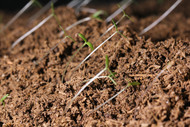Worm Casting Aid in Root Development
Dec 15, 2022
Worm Casting Aid in Root Development
Worm castings, also known as worm compost or vermicompost, are nutrient-rich compost created by worms when they digest organic matter. Not only is it an all-natural fertilizer, but it can also help to improve soil structure, promote healthier plants and even increase crop yields. Let's take a closer look at some of the benefits of using worm castings in your garden.
What are Worm Castings
Worm castings are a natural fertilizer composed of decomposing organic matter rich in nitrogen and other essential macro- and micro-nutrients. These castings produced by earthworms are odorless, highly enriched soil amendments that can be used indoors and outdoors to improve soil health.
Typically high in the primary three components of NPK – nitrogen, phosphorus, and potassium – worm castings add much-needed nutrients to soil while simultaneously improving water retention properties and helping break up dense soils. In addition, the beneficial microbes present in the castings promote growth and help protect plants from disease. Worm castings are an excellent choice for avid gardeners looking to obtain amazing results from naturally produced fertilizers.
How do Worm Castings Help in Root Development
Worm casting is an incredibly effective way to promote root development in plants. The organic matter from the castings helps promote healthy soil structure and increases the availability of essential minerals in the soil. Additionally, the worms create practical air pockets that stimulate root growth and improve water infiltration, tillage, and drainage.
Worm castings also help protect against potential pathogens while providing an abundance of other beneficial micronutrients that help restore optimal soil balance. As a result, plant roots grow faster and more robust, making healthier plants more resistant to pests or disease pressure.
Benefits of Worm Castings to Plants
Increase Nutrient Content of Soil
Worm castings are packed with essential plant nutrients such as nitrogen, phosphorus, and potassium, making them an excellent natural fertilizer for any garden. They also contain useful microbes that aid in the breakdown of organic material into usable plant nutrients. This helps create a more balanced soil ecosystem and encourages strong plant root growth, leading to healthier crops.
Improve Soil Structure
Worm castings can help improve your soil's structure by increasing aeration and drainage. The beneficial bacteria found in worm castings help break down clay particles, making the soil less dense and more capable of retaining moisture for extended periods. This improved soil structure leads to increased root penetration, allowing for better water and nutrient absorption from the soil.
Improve Plant Health
Worm castings provide various plant benefits, including better disease resistance and improved pest control. Beneficial microorganisms found in worm castings help to reduce populations of harmful pests while encouraging beneficial insects like ladybugs which are great predators of aphids and other destructive bugs.
Additionally, these microorganisms create an environment that is hostile towards diseases like blight or powdery mildew that can damage or even kill your plants if left unchecked.
Worm Castings are Slow-Release Fertilizers
Worm castings release nutrients slowly over time, which means that they can provide a steady supply of nutrients for plants. This is in contrast to synthetic fertilizers, which release nutrients quickly and can leach out of the soil before plants can use them.
Worm Castings are Environmental-Friendly
Worm castings are a natural product that is produced without the use of any chemicals or synthetic materials. Worm castings can help improve soil health, reducing the need for chemical pesticides and herbicides.
Different Ways to Use Worm Castings
- Improve Seedling Germination: Before planting your seeds, you can mix some worm castings into the soil to give them a nutrient boost and help improve their chances of successful germination.
- Pre-Planting Soil Conditioner: Mix some into your garden bed or potting before planting flowers or vegetables. This will help increase water retention in the soil and add more organic matter to it, which helps stimulate microbial life in the soil, making it more fertile than before. The presence of beneficial fungi in worm castings also helps feed plants encouraging healthy root development for better yields in the future.
- As a Planting Fertilizer: When adding newly transplanted seedlings to your garden beds or containers, sprinkle around each plant's root zone and then water thoroughly to allow them to take advantage of this nutrient-rich fertilizer right away.
- Worm Casting Tea: Simply steep a cupful of worm castings in five gallons of water overnight or up to two days so that all those beneficial nutrients dissolve into the liquid fertilizer solution – then use this tea solution as you would any typical liquid fertilizer – either watering directly on foliage or directly onto rooting soils.
- Side or Top-Dressing Organic Fertilizer: Top dressing should be done approximately every three months with at least ½ inch layer over the soil surface around each plant's base area, working it in lightly with a rake afterward so that water penetrates easily after irrigation.
Making Worm Casting at Home
Creating rich compost from kitchen scraps is easy and cost-effective – $20 can get you an inexpensive composting bin and red wigglers, the worms used for composting. Once set up, you'll need to feed the worms biodegradable materials such as vegetable peelings, coffee grounds, and dry leaves for optimal growth and soil health. The upside of this system is that it breaks down food waste into nutrient-rich materials suitable for use in the home garden.
Since the castings are 100% organic, they won't pose a threat to beneficial organisms already present in your soil. With regular maintenance, you are making your worm castings can transform your soil into something unique with minimal effort.
Final Takeaway
Worm Castings are an all-natural way to fertilize your garden while also helping to improve your soil's overall health and quality. By increasing nutrient content, improving soil structure, and promoting plant health, worm castings can be a valuable addition to any gardener's arsenal. Worm castings may be just what you need for an eco-friendly way to nourish your plants without harsh chemicals or synthetic fertilizers.

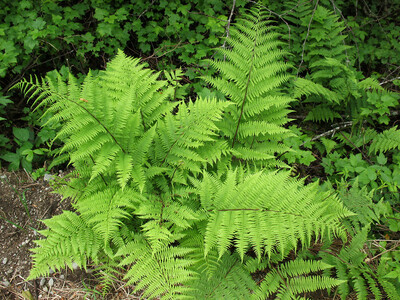 Native Ferns
Native Ferns
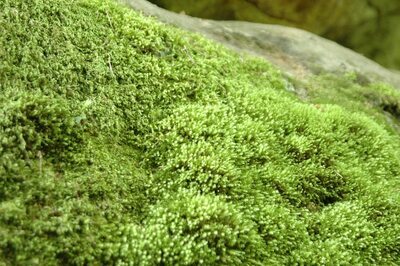 Native Mosses
Native Mosses
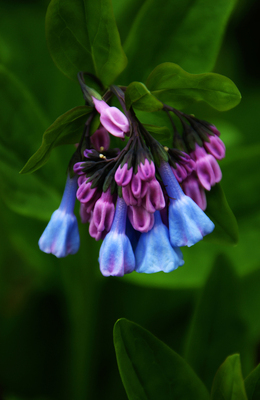 Native Perennials
Native Perennials
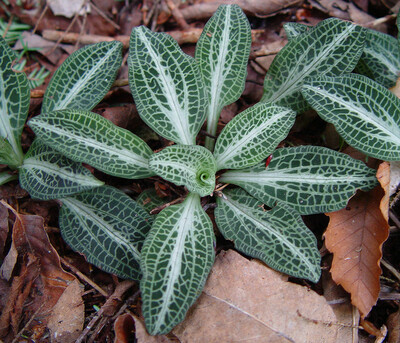 Native Ground Covers
Native Ground Covers
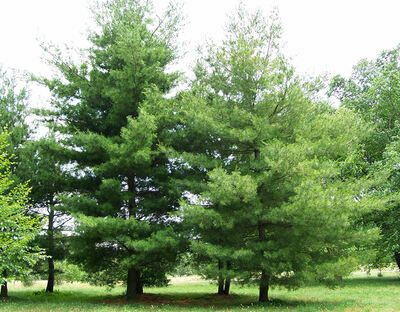 Native Trees
Native Trees
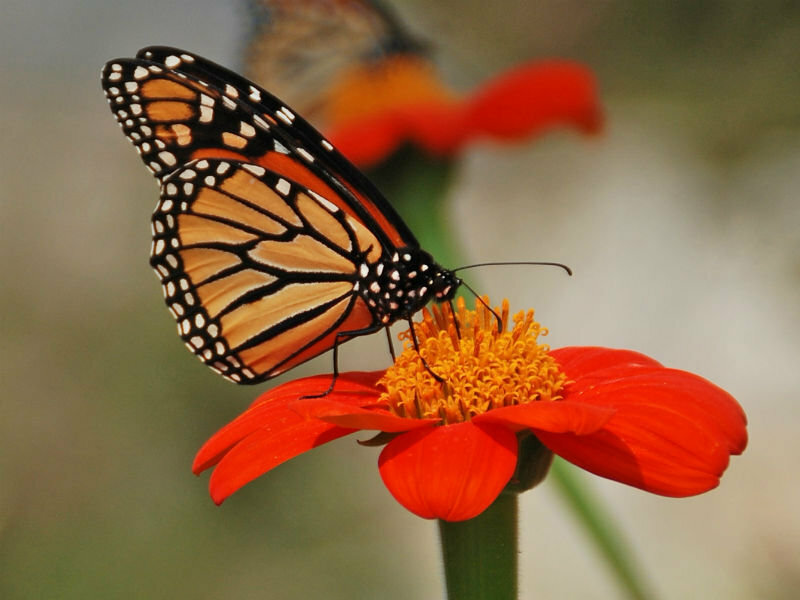 Pollinators
Pollinators
 Shop Bloom Color
Shop Bloom Color
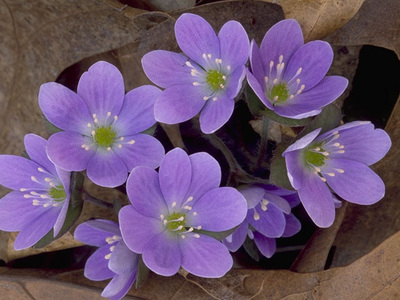 Perennials By Zone
Perennials By Zone
 Medicinal Herb Plants
Medicinal Herb Plants
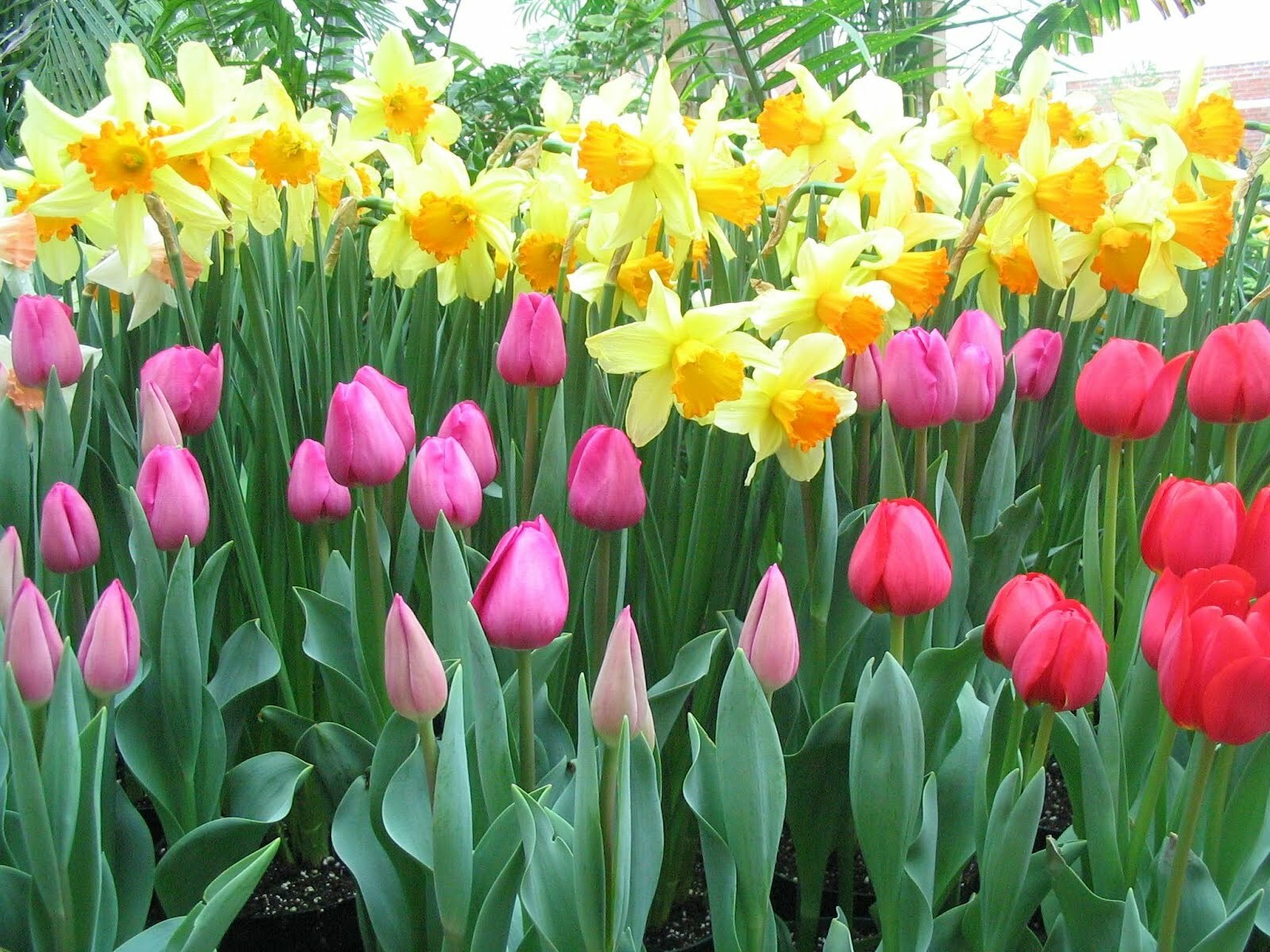 Spring Bulbs
Spring Bulbs
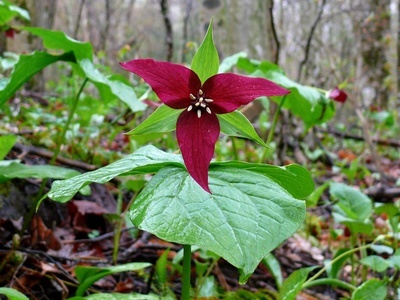 Trillium
Trillium
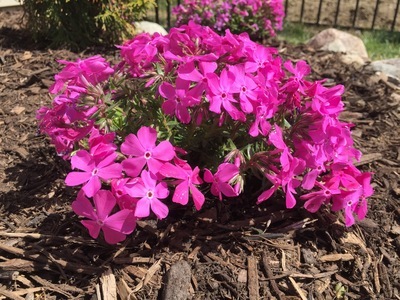 Shop By Zone
Shop By Zone
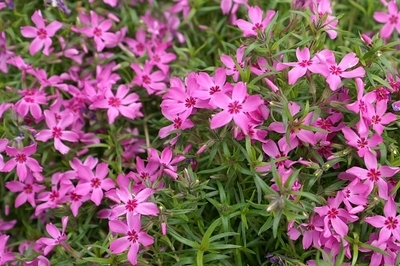 Flowering Groundcovers
Flowering Groundcovers
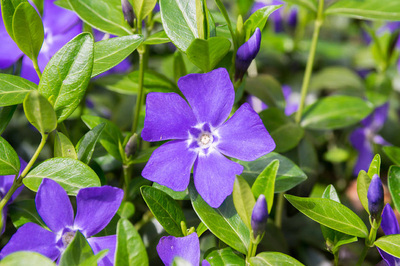 Evergreen Groundcovers
Evergreen Groundcovers
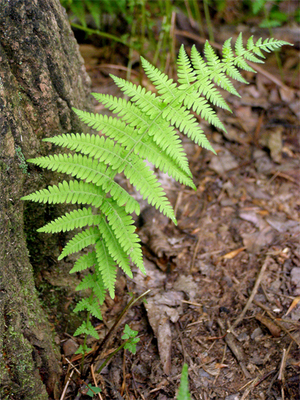 Ferns for Zone 3
Ferns for Zone 3
 Ferns for Zone 4
Ferns for Zone 4
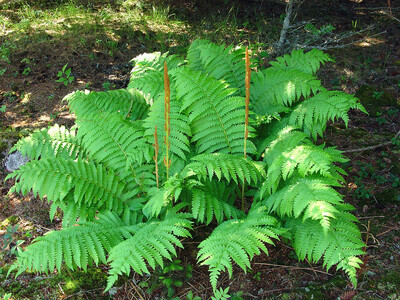 Ferns for Zone 5
Ferns for Zone 5
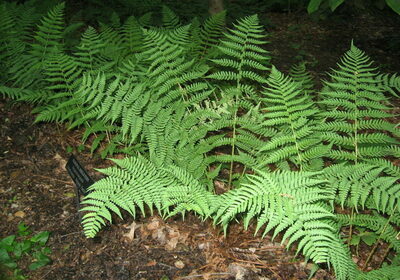 Ferns for Zone 6
Ferns for Zone 6
 Ferns for Zone 7
Ferns for Zone 7
 Ferns for Zone 8
Ferns for Zone 8
 Christmas bows
Christmas bows
 Fresh Wreaths & Garlands
Fresh Wreaths & Garlands
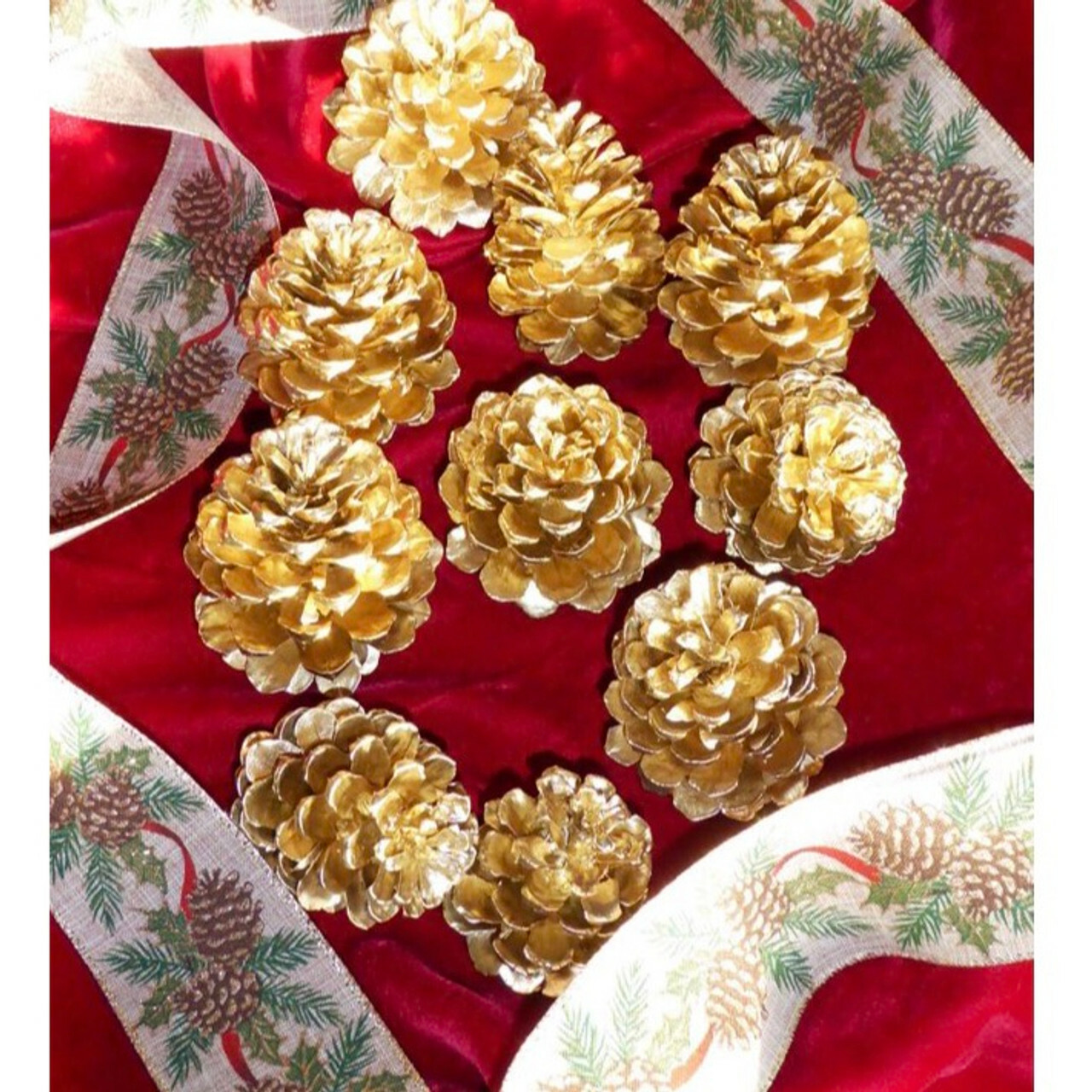 Large Pine Cones
Large Pine Cones
 Live Mistletoe
Live Mistletoe
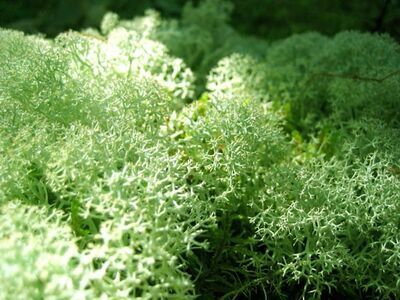 Moss
Moss
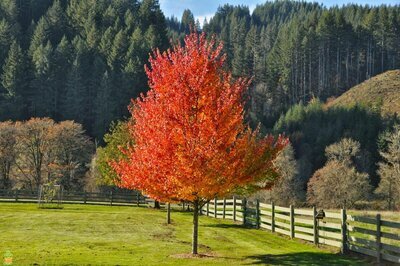 Shop Trees By Zone
Shop Trees By Zone
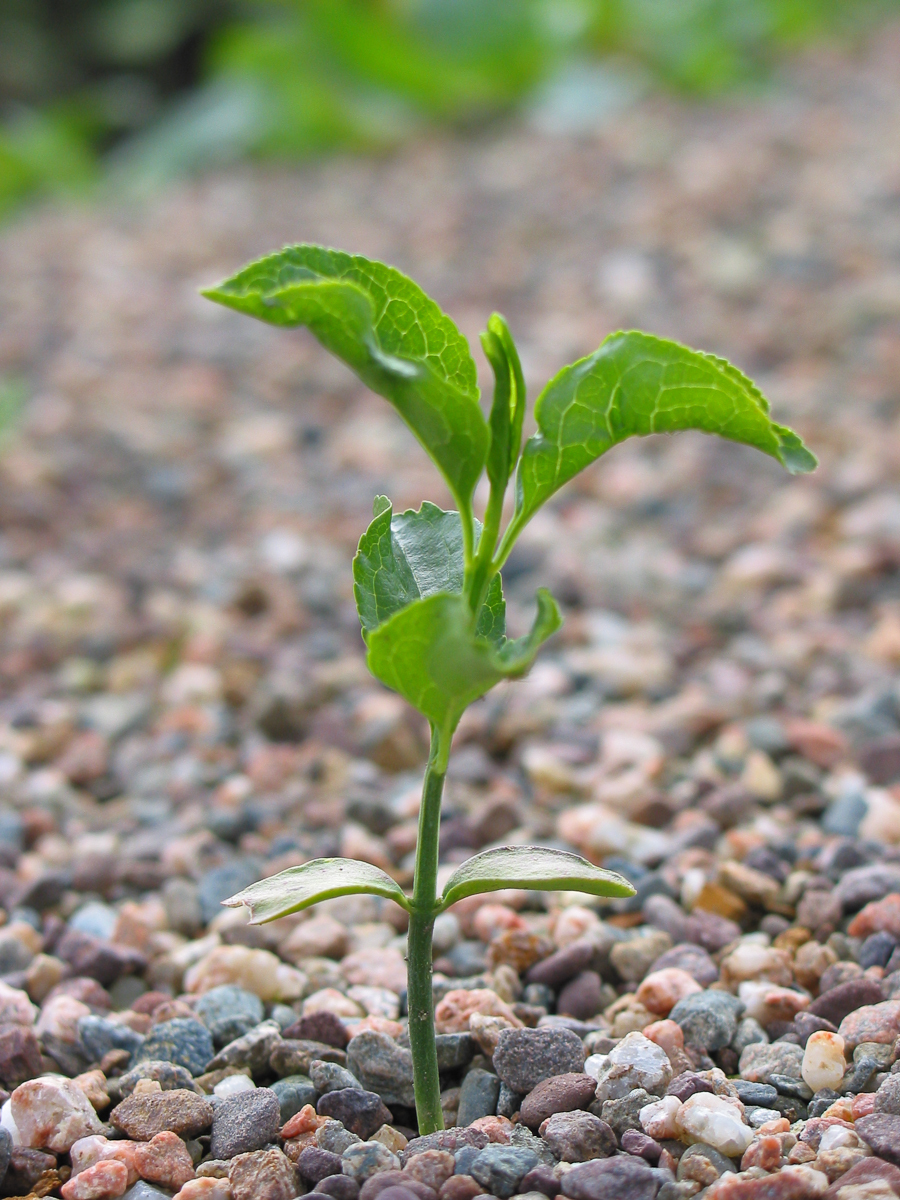 Tree Seedlings
Tree Seedlings
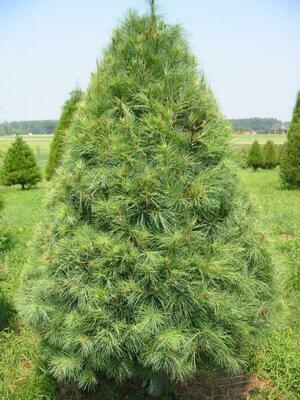 Fast Growing Trees
Fast Growing Trees
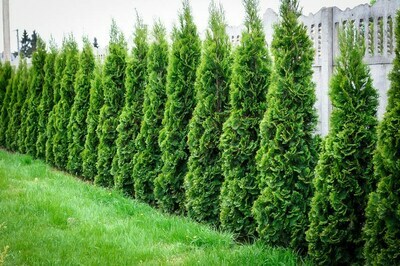 Pine Trees
Pine Trees
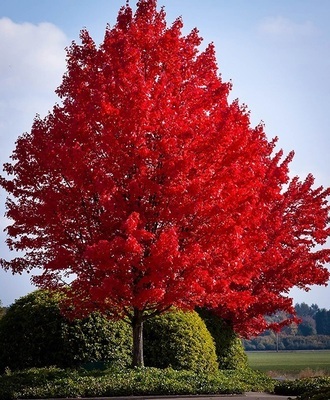 Live Stakes
Live Stakes
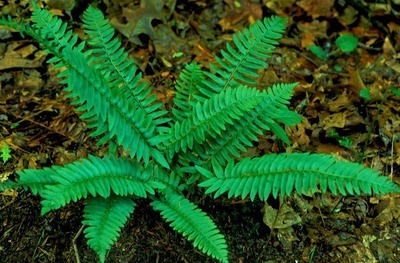 Evergreens
Evergreens
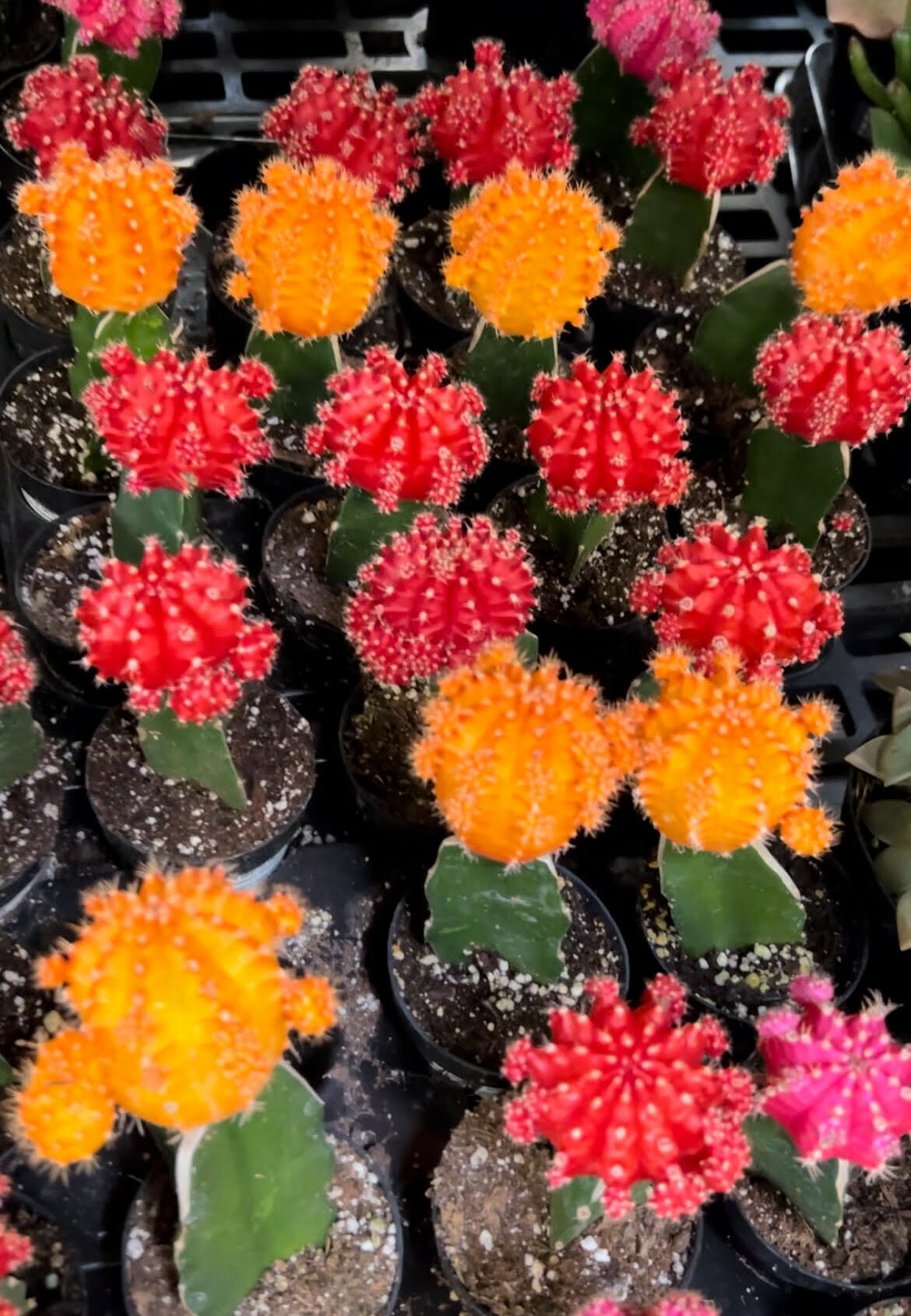 Cactus
Cactus
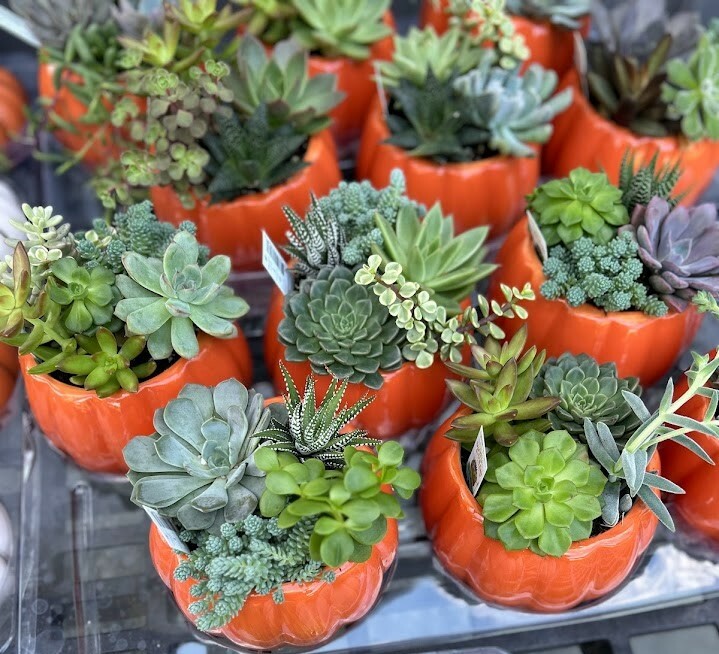 Combos
Combos
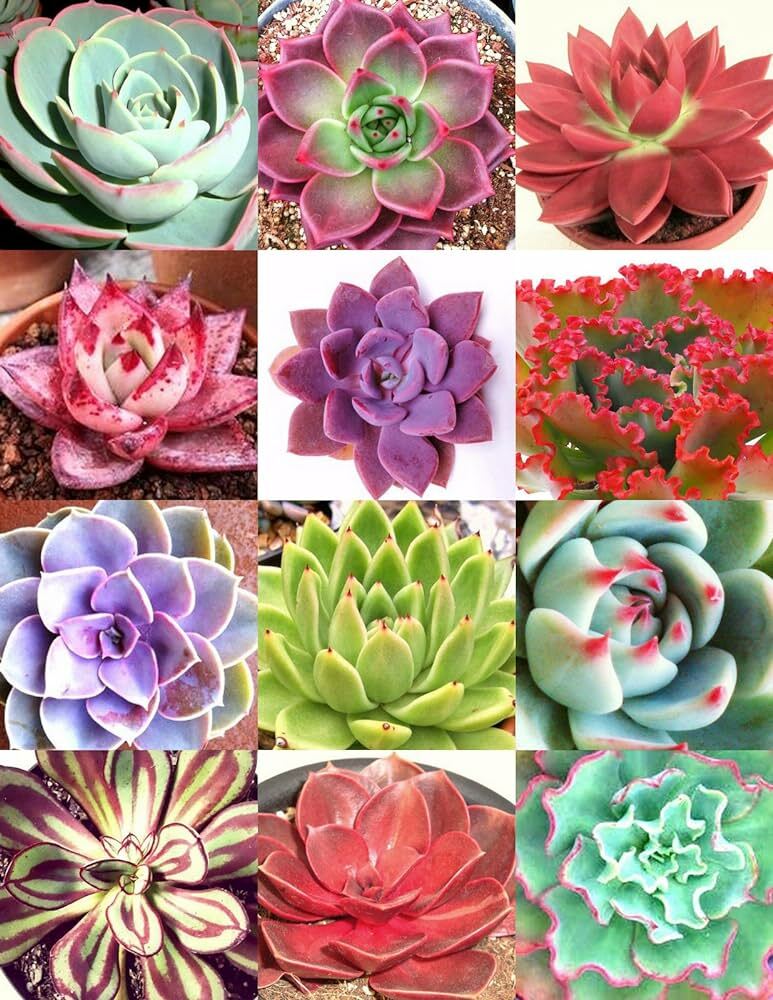 Echeveria
Echeveria
 Haworthia
Haworthia
 Sedum - Stonecrop
Sedum - Stonecrop
